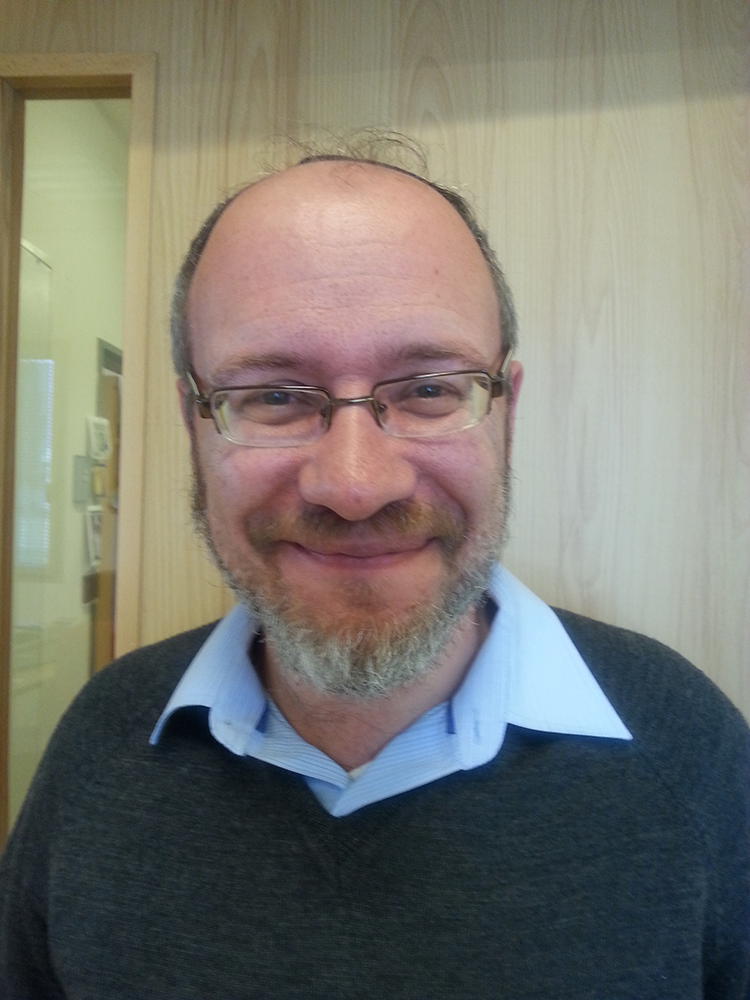Journal
Credits
View or Print Full
Journal in PDF

What Should I Be Learning? The Place of Student Voice in Designing a Jewish Studies Curriculum
In 2012, a team of curriculum specialists at The Lookstein Center were approached by a large Jewish day school. The school felt that the content of their existing curriculum was not adequately fulfilling its educational goals. The mandate was to design a curricular model from the bottom up.
The curriculum team decided to utilize a model which combined Fullan’s partnership curriculum framework which facilitates cooperation between stakeholders within the school and external curriculum experts and Schwab’s “commonplace” concept. Schwab identified four groups of participants who should be involved in curriculum deliberations. They include representatives of teachers, students, subject experts and members of the wider community. He suggested that only by bringing these four groups together in meaningful discussions can we form the basis of a strong and viable curriculum.
The team began the process by creating a forum comprised of representatives of the four commonplaces – Jewish studies teachers and administrators, subject and curriculum experts, the school board, and students. This forum would be actively involved in the discussion of what should be the end product of a Jewish day school education.
The importance of
I am amazed that having learned Hebrew every year my daughter is unable to string together even the simplest of sentences. Knowledge of spoken Hebrew is very important to us.
In contrast, the sentiment emerging from the students is summed up well as:
Spoken Hebrew is a wonderful goal in theory but cannot be attained with limited hours of teaching and within an English speaking environment. A few will achieve fluency but the majority will not. We are kidding ourselves if we think that more will be achieved.
Because of all the above issues, and with particular consideration of
A parallel discussion emerged regarding the study of Jewish texts. Jewish Studies teachers had different views in their deliberations about the goals of learning texts. While all agreed that
We kid ourselves into believing that students will attain skills in learning text in their original Hebrew form. Our goal should be to learn these sources in English and concentrate on the lessons to be learned from the text and its meaning to a student living in the 21st century.
Others posited that learners need to be required to study
Amongst the students, there was a surprisingly strong voice for textual study irrespective of their commitment to Jewish practice. In the words of one student:
Why should we not study the nuances of the text? It is intellectually challenging. We do this in our general studies, why not in our Jewish Studies?
While their teachers had the pre-conceived notion that these students would want a Jewish ethical or values-based curricular focus, there was a strong view among students that textual study was an important goal within itself. As a result of the student input, it was decided that the curriculum would aim to integrate a combination of text skills and discussion of Jewish ethics.
What subjects would you like to learn about in Jewish Studies?
Which subjects of the curriculum do you think are important?
Why do you think the chosen subject area is important?
Students were presented with lists of potential topics and were asked to prioritize their choices. That list included:
- Jewish festivals
- Prayer
- Jewish rituals like Shabbat, Blessings, and keeping kosher
- Jewish Ethics and Values, e.g. respecting parents, speaking with respect, honesty,
value of life - Jewish Philosophy – Belief in God
- Biblical and Rabbinic
texts - Jewish life cycle, marriage, divorce death etc.
The curriculum consultant and local educators had assumed that the students, who were largely from non-religiously committed homes, would choose those themes which were the most “relevant” to their lives, like moral and ethical issues. They were surprised by the variety of opinions expressed in the focus groups. A Year 7 student, for example, said: “While I don’t keep the laws of kosher at home I want to learn those laws so I can choose one day if I want to keep them or not.” One Year 8 student opined: “I go to a Jewish school, I want to learn the rituals as that is why I came here,” while another commented: “In Mathematics and Science I learn about other things in the world. When I learn about Jewish rituals I learn about who I am.”
While teachers focus groups had assumed that learning about rituals would be less relevant and meaningful to most students, the student focus groups showed otherwise. Student voice, in fact, was very well presented in the final curriculum structure. The predominance in the new curriculum of themes in Jewish rituals like Kashrut, Shabbat
The importance of

Rabbi Dr. Eli Kohn
Director of Curriculum Development Programs
Rabbi Dr Eli Kohn is a senior staff member at The Lookstein Center specializing in Jewish Studies curriculum development. He has worked with schools and teachers around the world and publishes widely about the curriculum development process. He lectures in the School of Education in Bar-Ilan University, at Efrata Teachers College, and Orot Teachers College.


i just cannot believe that the ‘List of potential topics’ – simplistic as it is – did not include ANY topic relevant to Jewish History.
Thanks for your comment. It is very simple- in this school Jewish history is taught as a separate subject -not within the Jewish Studies department.
The school’s brief from us was to work just on the curriculum in the Jewish Studies department.